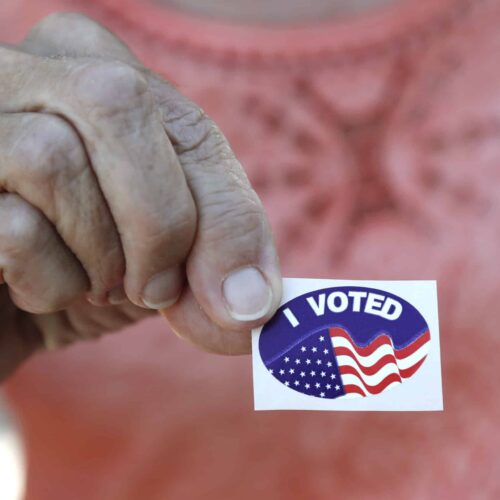Introduction
Here’s the most important takeaway about voting rules in your state:
“None of these things are done by accident,” said Luis Roberto Vera, the national general counsel for the League of United Latin American Citizens. “They’re purposefully done to help you — or to hurt you.”
Registration deadlines. Witness requirements. Photo ID. Countless policies underpin each election, some that will make voting harder.
Or impossible.
We’ve been digging into this in our 50 States of Disenfranchisement series. One of the lessons is that the COVID-19 pandemic has tested states’ commitment to safe, accessible voting and found some sorely wanting.
For instance: Before the crisis, 34 states and the District of Columbiapermitted any registered voter to cast a ballot by mail, according to the National Conference of State Legislatures. The other states required valid excuses, such as being out of town on Election Day or having a disability.
Some of those states added COVID-19 concerns as an allowable excuse. Others refused. Lawsuits by voting-rights advocates expanded eligibility in some cases, but the court rulings could be more narrow — and confusing — than an everyone-can-vote-absentee policy.
Mississippi stands out for offering no in-person early voting, not expanding mail-in voting to everyone, and refusing to waive its requirement that mail-in voters get a witness to sign both their absentee ballot application and the envelope of their ballot. (It gets worse: With one exception, that witness has to be an official such as a notary.)
We can’t do this work without your support.
Among other trends we’re seeing:
- Deadlines: The dates states pick can make a real difference. For instance: Eight states set their voter-registration deadlines 30 days before an election — the longest allowed under federal law. (Most have poor turnout even by U.S. standards.) At the other end, 20 states allow you to register at the polls on Election Day. Some states count mail-in ballots postmarked by Election Day; many require the ballots arrive by then.
- Drop boxes: Many states are using secure ballot drop boxes this year to give voters an alternative to mail delivery, which slowed this summer after changes made by the new postmaster general, a Trump campaign donor. But some states barred local election officials from using them, while others restricted the number of boxes allowed.
- Felony disenfranchisement: After the Civil War, states — especially in the South — disenfranchised Black voters to enforce white supremacy. Stripping voting rights from people with felonies (while aggressively targeting Black residents for arrest) was one of those strategies. Felony disenfranchisement spread around the country, but in recent years, many states have decreased the share of people barred from voting. Barriers that remain, however, are often potent ones. (See, for example, Florida.)
One consequence of the pandemic is that voter-rights groups have been so busy battling in the courts for safe election options that other work went undone. Determining whether states purged eligible voters from the registration rolls, for instance.
“We just haven’t had the time,” said Caren Short, senior staff attorney at the Southern Poverty Law Center. “COVID has really clouded everything.”
That puts more pressure on you, the voter. Vera’s advice: Double-check that you’re registered. If you’re waiting for a mail-in ballot, call your elections office to make sure it’s been sent.
And make sure you understand the rules so your vote counts.
Read more in Inside Public Integrity
Watchdog newsletter
Words matter: Was the attack on the Capitol a rally, protest or insurrection?
The question remains how history will record the events that resulted in mayhem at the U.S. Capitol.


Join the conversation
Show Comments